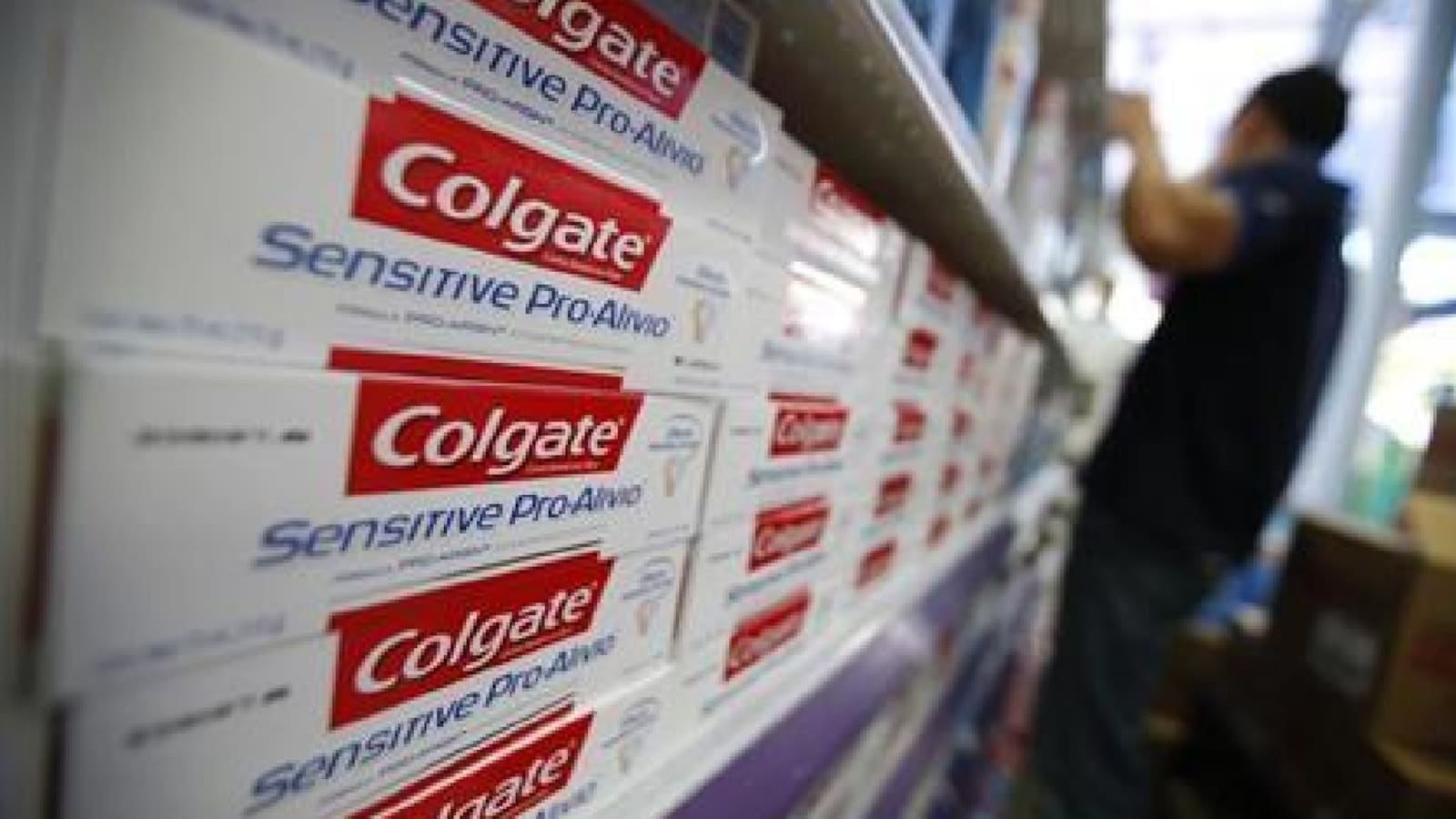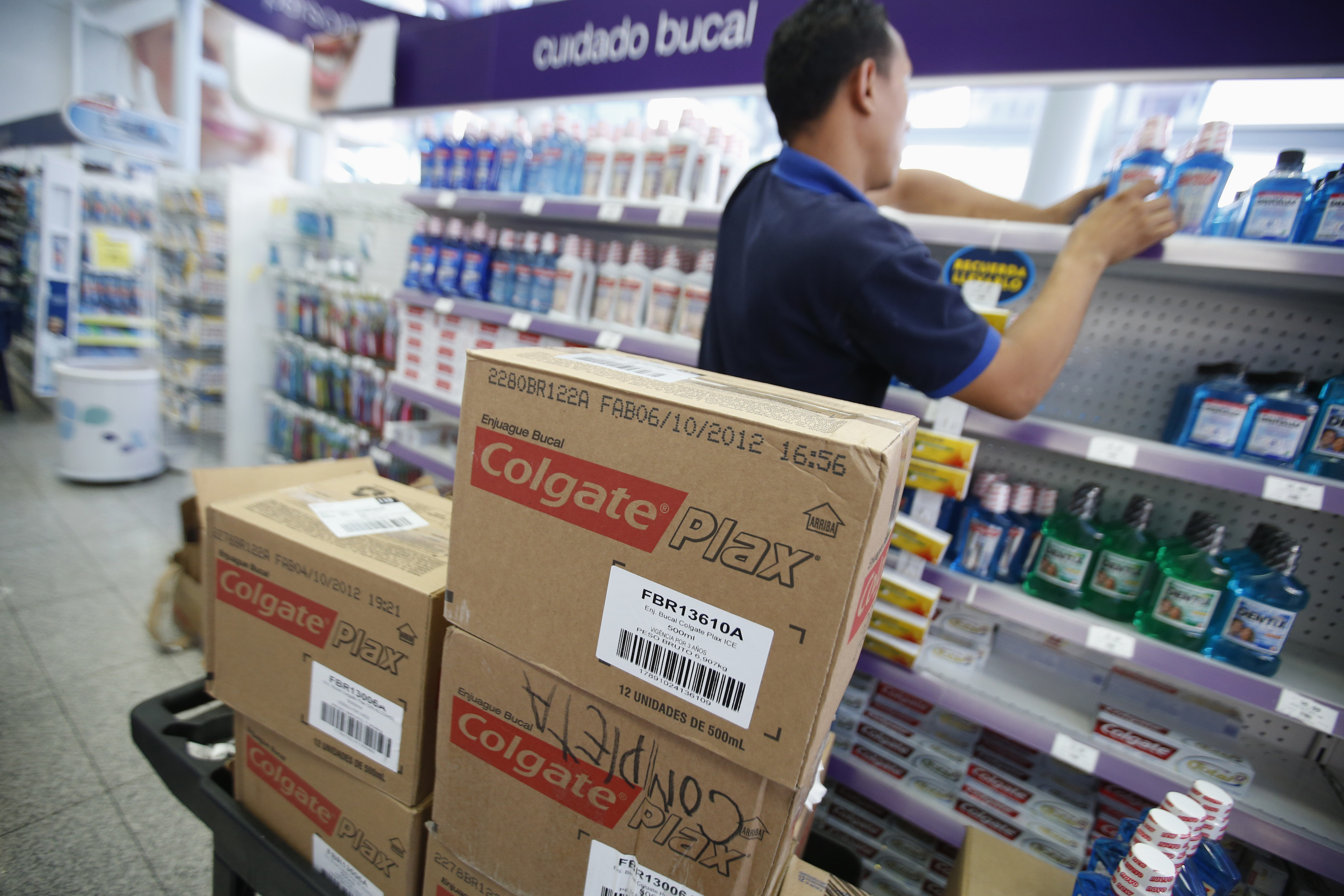Colgate-Palmolive’s Rs 170 Cr Tax Order

Colgate-Palmolive’s Rs 170 Cr Tax Order
Colgate-Palmolive, one of the world’s leading consumer goods companies, recently found itself in the midst of a financial controversy when it received a tax order from the Indian tax authorities amounting to Rs 170 crore.
Colgate-Palmolive, the global leader in oral care and personal products, recently received a tax order from Indian authorities amounting to Rs 170 crore. This development is of significance as multinational corporations operating in India are increasingly under the scanner of tax authorities.

This significant tax demand has raised eyebrows in the business and financial communities and has prompted discussions about the intricacies of tax disputes, transfer pricing, and the implications for multinational corporations operating in India.
Colgate-Palmolive’s Indian subsidiary, Colgate-Palmolive (India) Ltd., has been a major player in the Indian market for decades, dominating segments like oral care with its range of toothpastes, toothbrushes, and other products.
To grasp the context of this tax order, it is crucial to understand the fundamentals of transfer pricing and tax disputes. Transfer pricing refers to the pricing of goods, services, or intellectual property transferred between related entities within a multinational corporation.
The primary objective of transfer pricing regulations is to ensure that transactions between related entities are conducted at arm’s length, meaning the prices are in line with those that would be charged between unrelated parties in an open market. This is essential to prevent profit shifting and tax avoidance by multinational companies.

Colgate-Palmolive, like many other global corporations, operates in multiple countries, including India. The Indian tax authorities have been actively scrutinizing transfer pricing arrangements to ensure that multinational companies do not artificially shift profits to low-tax jurisdictions. This scrutiny has resulted in tax disputes and demands for additional tax payments in several cases.
The tax order in question involves Colgate-Palmolive India Limited (CPIL) and its parent company, Colgate-Palmolive Asia Pacific Limited (CPAP). The Indian tax authorities have alleged that CPIL undercharged CPAP for technology and marketing services provided by CPAP, leading to a reduction in taxable income in India and, consequently, a lower tax liability.
The tax authorities argue that the prices charged for these services were not at arm’s length and that CPIL should have paid higher amounts for these services, resulting in additional taxable income in India. As a result, they have demanded Rs 170 crore in taxes, including penalties and interest.
Colgate-Palmolive has publicly stated that it believes its transfer pricing practices comply with Indian tax laws and international standards. The company has expressed its intention to contest the tax order vigorously and is prepared to defend its position in court if necessary.

The company’s stance is not uncommon when multinational corporations face transfer pricing disputes. These disputes often involve complex technical and legal arguments, and companies are typically willing to invest time and resources in defending their position, especially when substantial sums of money are at stake.
The Colgate-Palmolive tax order reflects broader global trends in taxation, as governments seek to ensure that multinational corporations pay their fair share of taxes in the countries where they operate. This trend has led to increased scrutiny of transfer pricing practices and greater cooperation among tax authorities worldwide.
India, in particular, has been actively participating in global initiatives to combat base erosion and profit shifting (BEPS), which aims to prevent multinational companies from shifting profits to low-tax jurisdictions. The Organisation for Economic Co-operation and Development (OECD) has developed a comprehensive framework for addressing BEPS issues, and India has incorporated many of these recommendations into its domestic tax laws.
The Colgate-Palmolive tax order serves as a reminder to multinational corporations that they must navigate a complex and evolving tax landscape when operating in multiple jurisdictions. Transfer pricing compliance is a critical aspect of international tax planning, and companies must ensure that their pricing arrangements are in line with local regulations and international standards.
Additionally, companies should be prepared for the possibility of tax disputes and should have robust strategies in place to defend their positions when challenged by tax authorities. These strategies may include engaging in discussions with tax authorities, providing documentation to support transfer pricing arrangements, and, if necessary, pursuing legal remedies through the judicial system.

The tax order alleges that Colgate-Palmolive failed to pay certain taxes, possibly related to import duties, Goods and Services Tax (GST) discrepancies, or other local taxes. The exact nature of the non-compliance has not been publicly detailed yet.
It’s essential to pinpoint the exact period over which these discrepancies occurred. Such tax disputes often span multiple financial years.
Colgate-Palmolive has maintained that it operates in full compliance with all local tax laws and regulations. The company has expressed its intentions to challenge the order and believes that it has strong grounds for appeal.
Following the news of the tax order, there was a predictable jitteriness among investors. Colgate-Palmolive (India) Ltd.’s share prices experienced a slight dip, reflecting investor concern over potential financial implications and reputational damage.
Colgate-Palmolive is not the first MNC to face such scrutiny in India. Over the past few years, several global giants have faced similar tax-related challenges, highlighting the intricate and sometimes contentious tax landscape in India.
The Indian government has been more vigilant in ensuring that MNCs comply with local tax laws, aiming to prevent potential revenue leakages.

Such incidents underscore the necessity for clearer tax regulations and guidelines, ensuring that companies can operate without ambiguities.
MNCs, such orders can sometimes impact their brand image, necessitating robust PR strategies to reassure stakeholders.
The Rs 170 crore tax order received by Colgate-Palmolive India Limited underscores the importance of transfer pricing compliance and the complexities multinational corporations face in managing their tax obligations across borders.
This case serves as a valuable reminder for companies to stay vigilant in ensuring their tax practices are in accordance with local laws and international standards.
It also highlights the need for governments and multinational corporations to continue working together to create a fair and transparent global tax environment that benefits all stakeholders. As this dispute unfolds, it will be closely watched by businesses, tax experts, and policymakers interested in the evolving landscape of international taxation.

While the Rs 170 crore tax order against Colgate-Palmolive is a significant development, it is essential to await further details and the company’s response. It serves as a reminder for MNCs operating in India to ensure rigorous tax compliance and be prepared for potential regulatory scrutiny.



